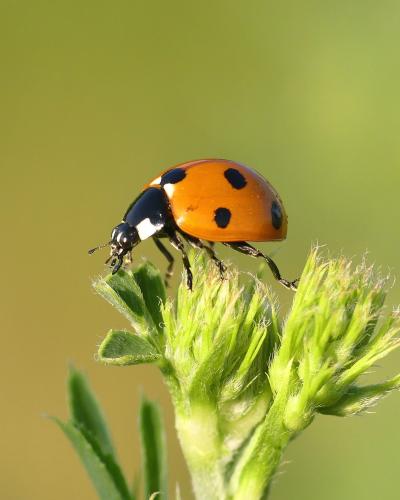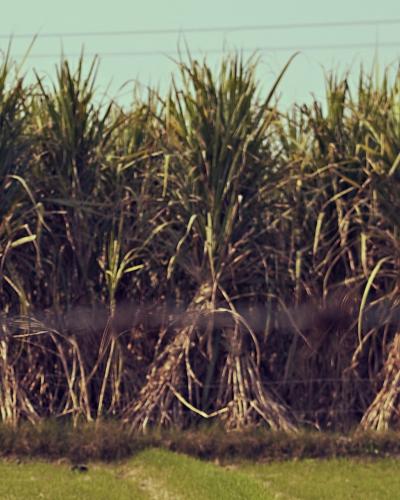A recent study from Geoderma shows that over time, organic yields can match and even exceed those of conventional when built up soil health and biodiversity lead to better crop production. This...
Aug 02, 2021
Incorporating cover crops into crop rotations is known to have many benefits to soil health and ultimately crop yield. However, they are often prevented from flowering--which would support...
Jul 05, 2021
Organic farmers rely on natural predators to help control their crop pests rather than using chemical sprays. A new study published in the Journal of Applied Ecology found that using organic...
Jun 07, 2021
Soil health hinges on robust communities of soil bacteria and insects. However, a recent science review published in Frontiers in Environmental Science shows that pesticides sprayed both above and...
Jun 01, 2021
Using organic soil amendments reduces heavy metal concentrations in crops grown in contaminated soil
When the heavy metal cadmium is consumed in excess, it can have a negative impact on kidneys, the liver and bone density, particularly for children who are more sensitive to lower concentrations...
Apr 26, 2021
A recent study published in the journal Applied Soil Ecology found that after only 1-2 years after transitioning from conventional to organic practices, important soil invertebrate communities can...
Feb 08, 2021
A recent study published in the journal Biologia adds to the growing body of evidence showing organic farming improves microbial conditions in the soil that, in turn, increases disease control and...
Dec 28, 2020
Control of plant diseases is often accomplished with the use of harsh chemical sprays and soil fumigants in conventional farming systems, but a new study in PLOS ONE found that organic farming can...
Nov 02, 2020
Increasing soil salinity threatens soil health and plant growth by altering soil organic matter and organisms that cycle nutrients. A new study in Frontiers in Sustainable Food Systems found that...
Oct 19, 2020
Although the benefits of hedgerows on biodiversity like birds, pollinators and natural enemies to pests is well established, a recent study published in the journal Agronomy found that hedgerows...













